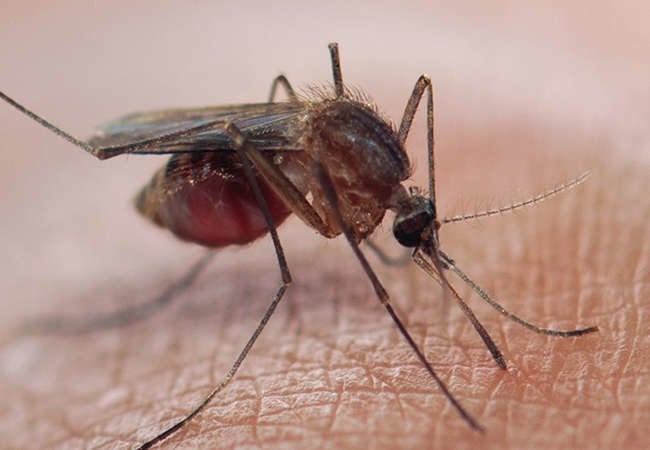We may earn revenue from the products available on this page and participate in affiliate programs. Learn More ›
The World’s Most Annoying Insect Award Goes to…

Mosquitoes leave behind much more than just itchy welts—they also carry a host of diseases, including the Zika virus and malaria. As well, their ability to reproduce extremely rapidly and suss out food sources—such as your delicious blood—from afar makes them one of the most irritating hot-weather pests. Because they have a well-known predilection for warm, humid climes, mosquitoes reign supreme in certain parts of the United Sates. Here are the cities with the biggest mosquito problems, according to the 2020 rankings from national pest-control provider Orkin.
Note: Rankings include metro areas only and are based on the number of customers who reported mosquito problems from April 2019 to March 2020.
Atlanta, Georgia
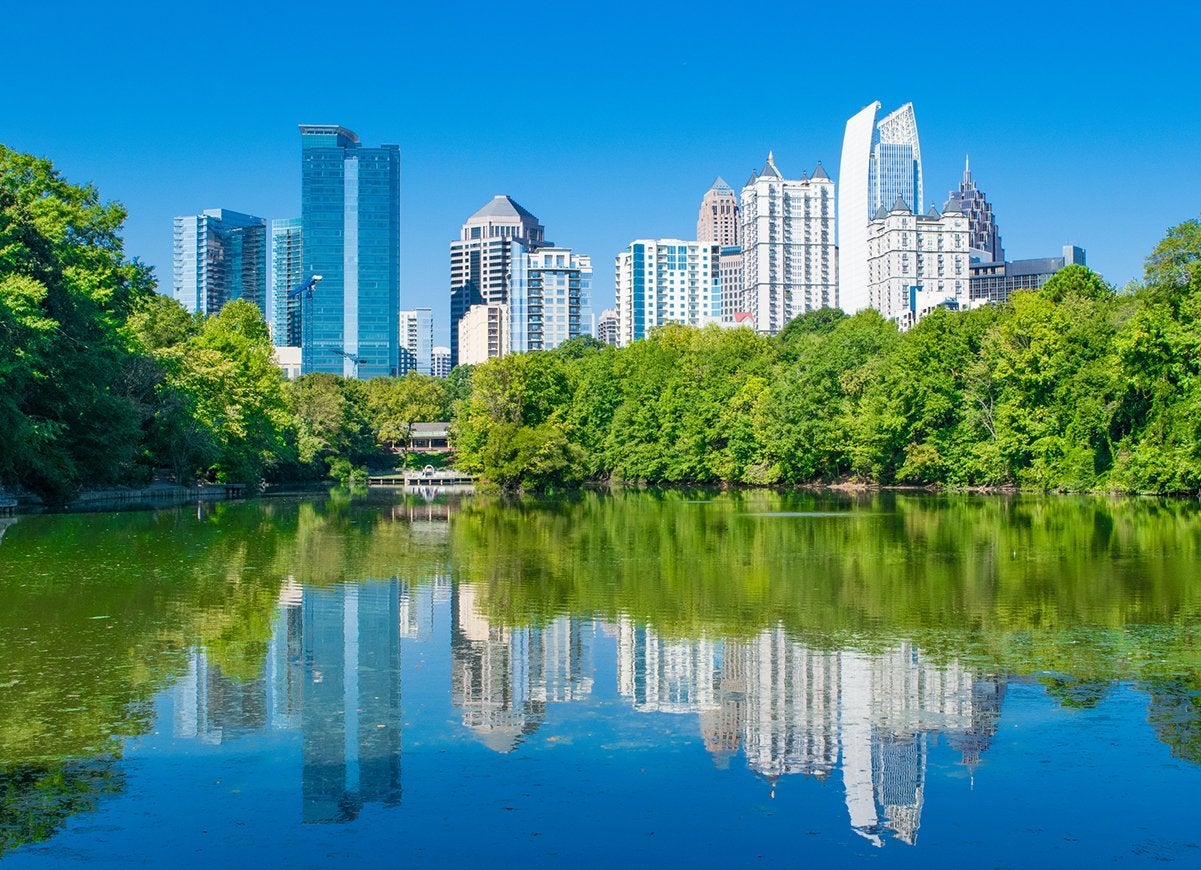
Orkin named Atlanta the worst city for mosquito activity once again in 2020. Wet and warm throughout the year, Atlanta provides an ideal breeding ground for the bloodsucking insects. Making the situation even less pleasant, the mosquito season in Georgia lasts for much of the year with a very short respite in the fall.
Los Angeles, California
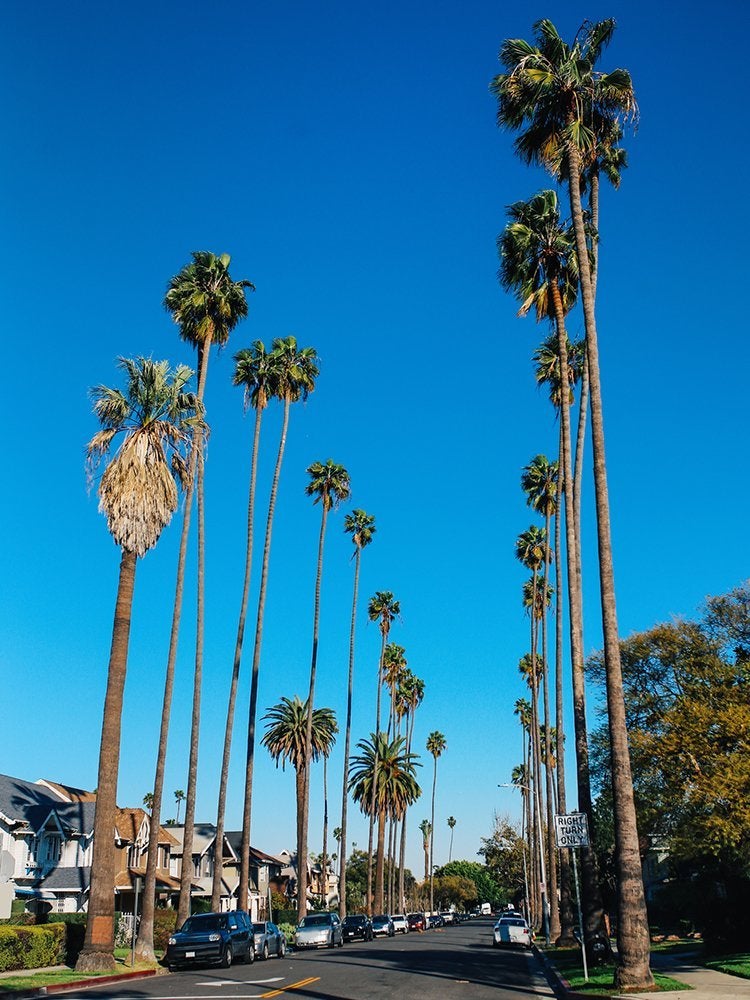
The City of Angels leapt to second place (from 12th last year) on Orkin’s list of mosquito-plagued places for 2020. With the hottest months of the year approaching, California observed Mosquito Awareness Week in April, an event designed to teach citizens how to control the spread of mosquitoes and mosquito-borne illnesses by practicing good habits, such as eliminating stagnant water and applying repellent when outside.
Washington, D.C.
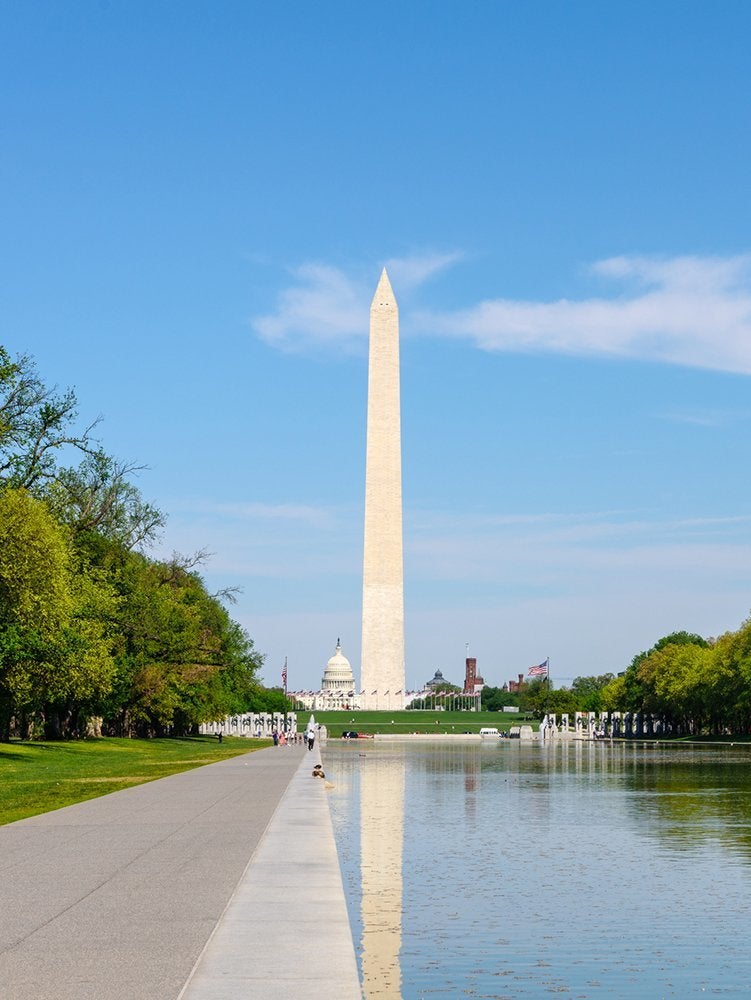
The nation’s capital has long been one of the worst places in the country for mosquito activity, and global warming may be to blame for an increased mosquito presence in recent years. With spring arriving earlier and hotter weather sticking around longer, mosquitoes now have more time to multiply.
Related: How to Get Rid of Mosquitoes Naturally: Our 15 Best Tips
New York, New York
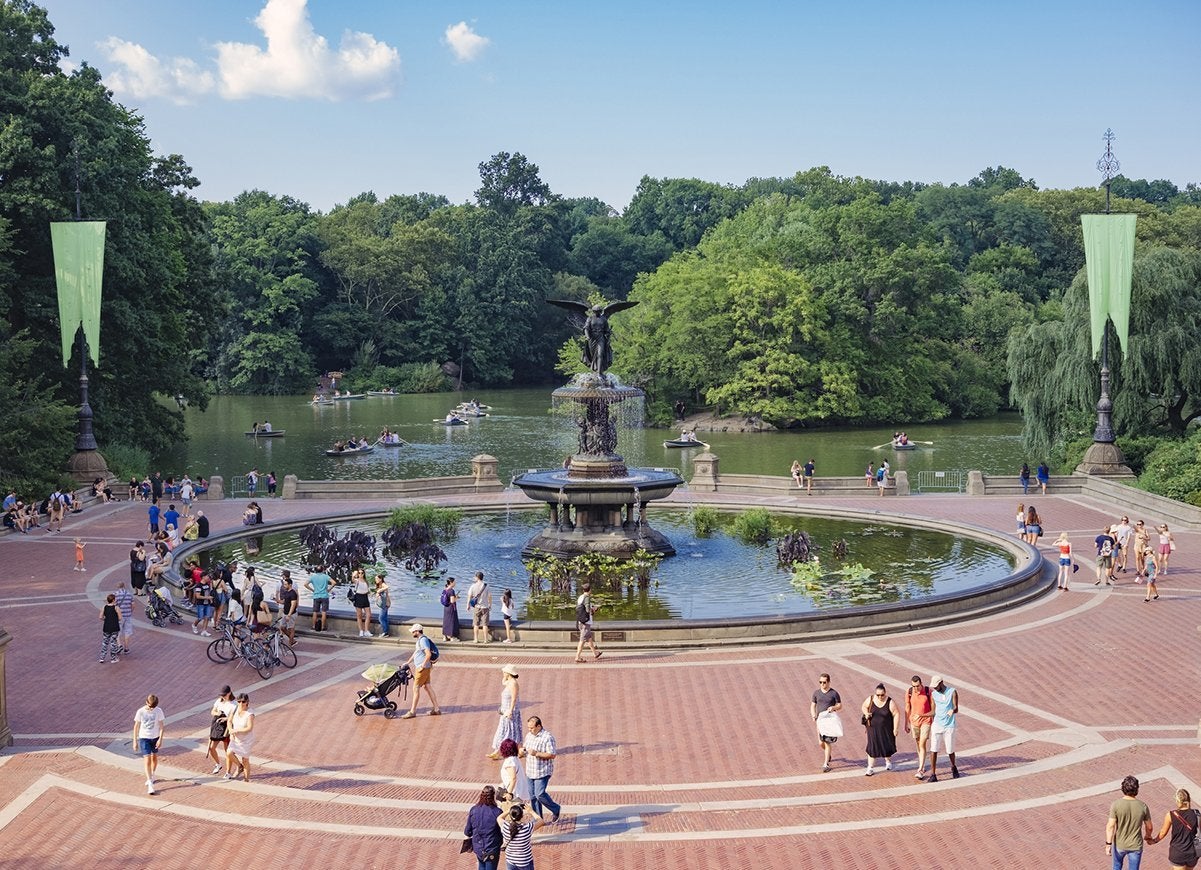
Cold winters can’t wholly eradicate mosquitoes. As New Yorkers are well aware, the pests come back with a vengeance once the hot, humid weather arrives. And itching and annoyance are just part of the problem: In late 2019, scientists confirmed that mosquitoes in New York State tested positive for West Nile virus and eastern equine encephalitis (EEE).
Chicago, Illinois
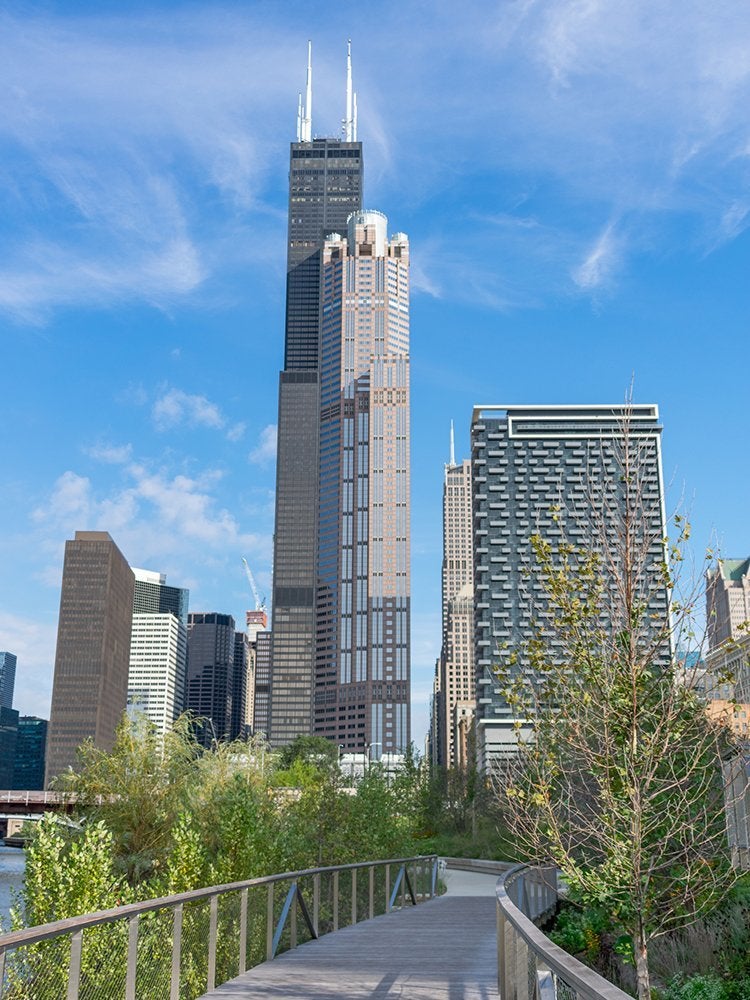
You’d think the worst mosquito problems would be concentrated in the southern United States, but all four quadrants of the country are subject to severe mosquito activity—the northeast included. Last year, mosquito activity jumped because of higher-than-average rainfall in the spring, and West Nile virus was already detected in mosquitoes early in the season.
Related: Plants That Repel Mosquitoes: 18 Picks for a Bug-Free Backyard
Dallas-Ft. Worth, Texas
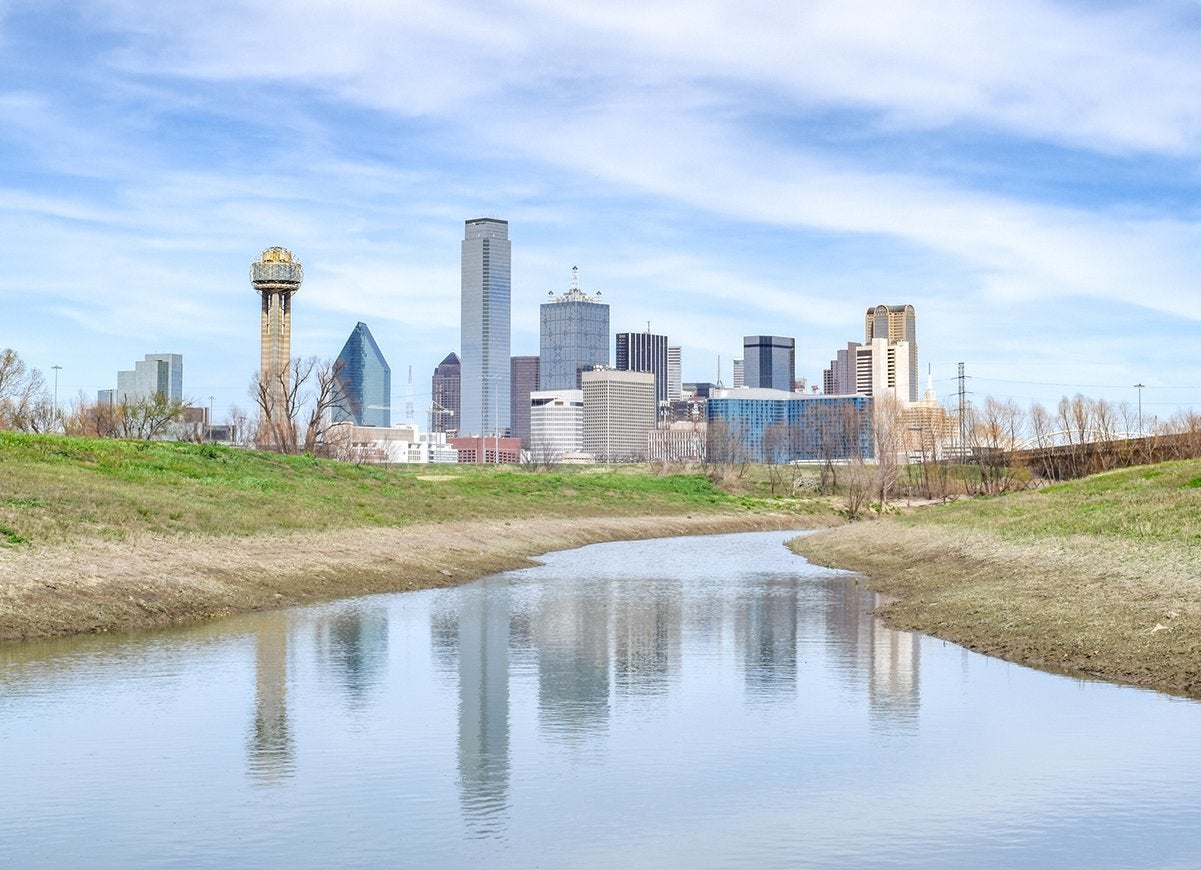
It’s no surprise that the Dallas-Ft. Worth area is a hotbed for mosquitoes given that the region’s warm temperatures and regular rainfall perfectly suit the little critters’ reproductive needs. Recently, a mosquito sample from Grand Prairie, a city in the region, tested positive for West Nile virus, prompting a ground-spray response to keep the infected mosquito population under control.
Detroit, Michigan
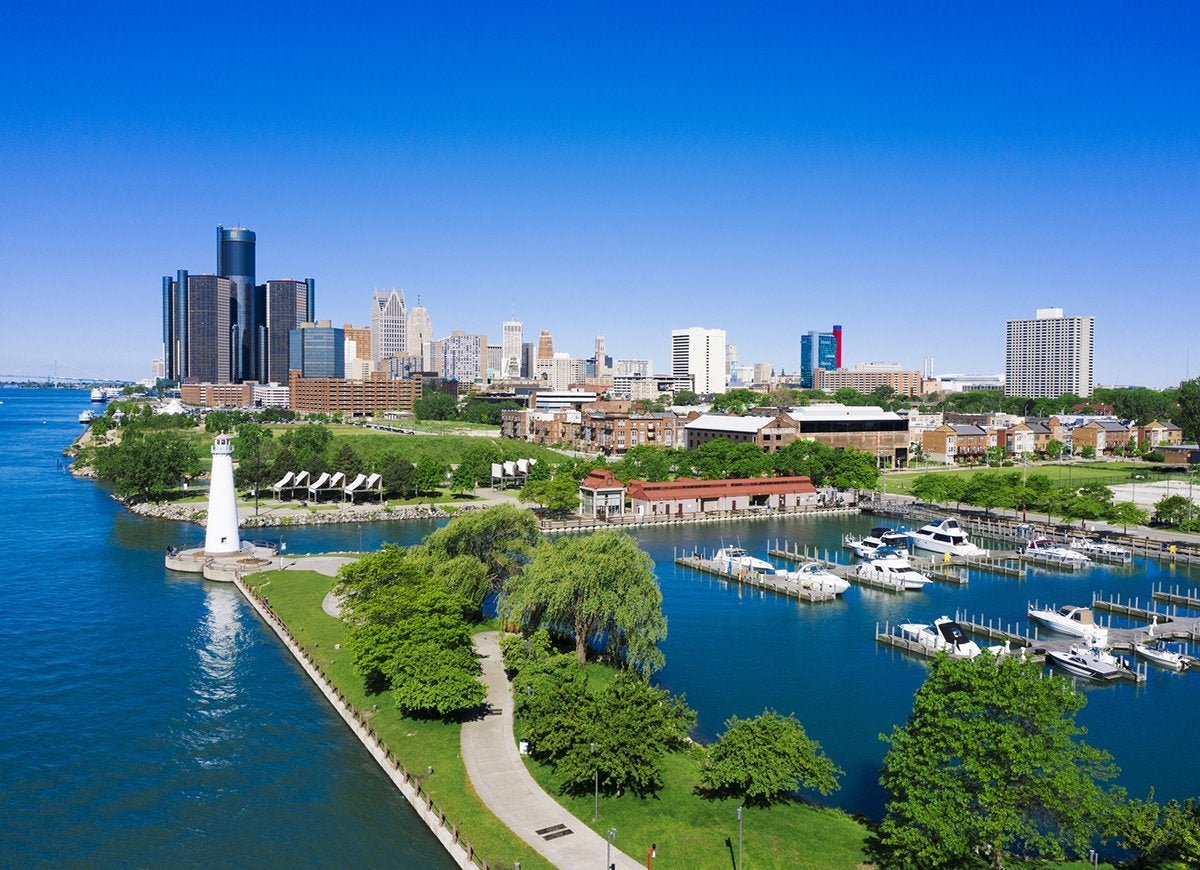
Detroit ranks seventh on Orkin’s list of mosquito-ridden cities, holding steady at the same position as last year. Mosquitoes in Michigan, like those in New York State, have tested positive for EEE. The disease affects both horses and humans, and while it doesn’t always turn deadly, only horses have the benefit of a vaccine. As of fall 2019, the virus was found in at least 9 humans and 33 animals, and had spread to 15 counties in the state.
Charlotte, North Carolina
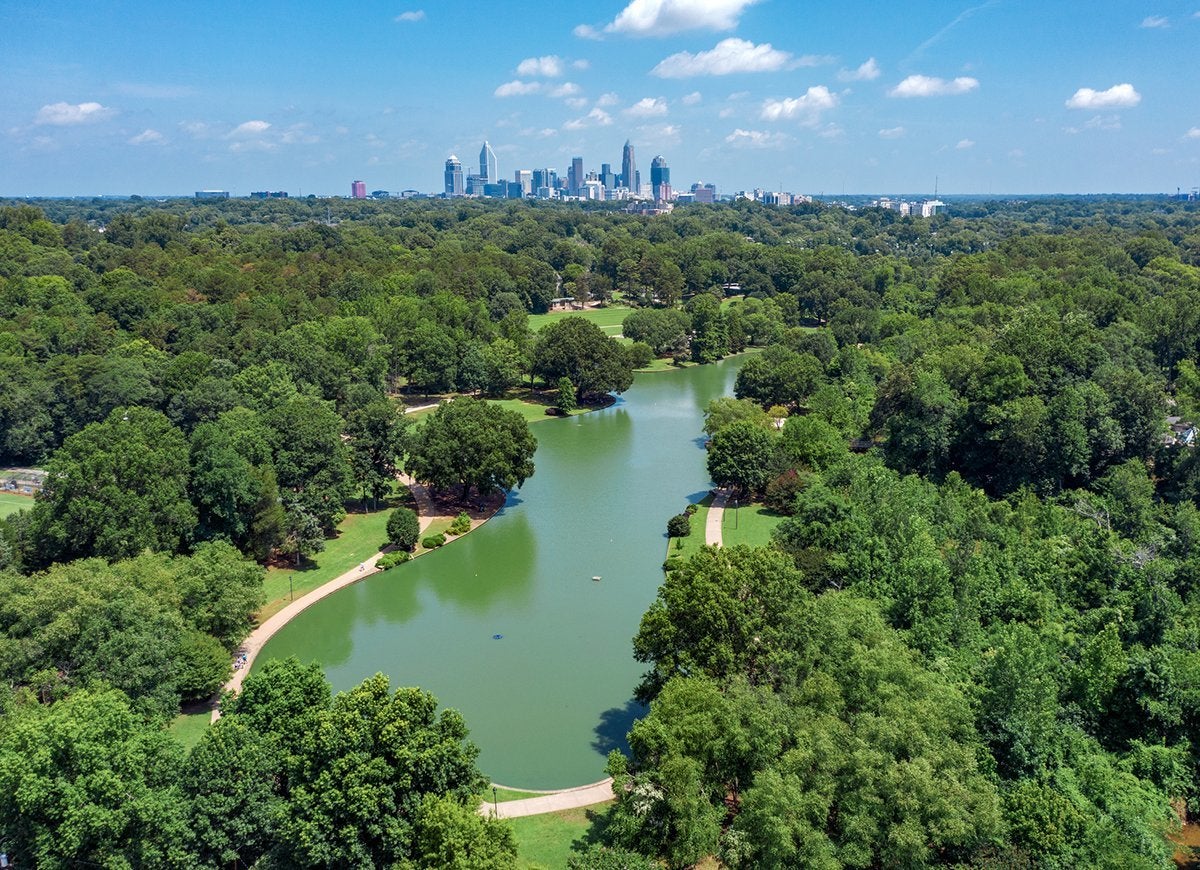
Mosquitoes in North Carolina have tested positive for both West Nile and EEE. Biting season lasts longer in North Carolina than it does elsewhere, stretching well into October. Last year’s season was particularly bad because of excess rainfall from Hurricane Dorian.
Philadelphia, Pennsylvania
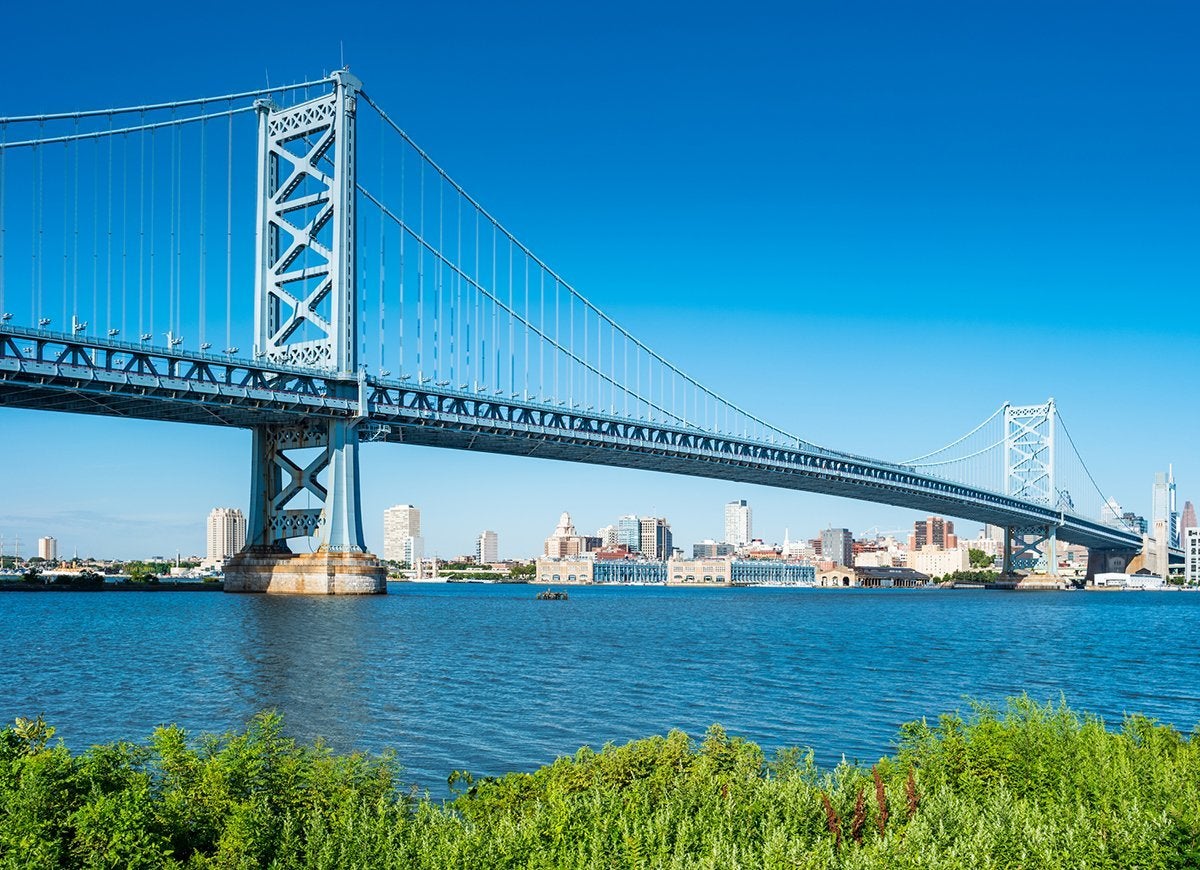
In late 2019, the Philadelphia Department of Public Health tested for and confirmed the presence of West Nile virus in local mosquitoes. One human case was reported in Chester County, and by the end of the season, three cases were documented in Philadelphia. The insects thrive in the region’s summer heat and humidity and have access to plenty of breeding grounds thanks to ample rainfall in the spring.
Miami, Florida
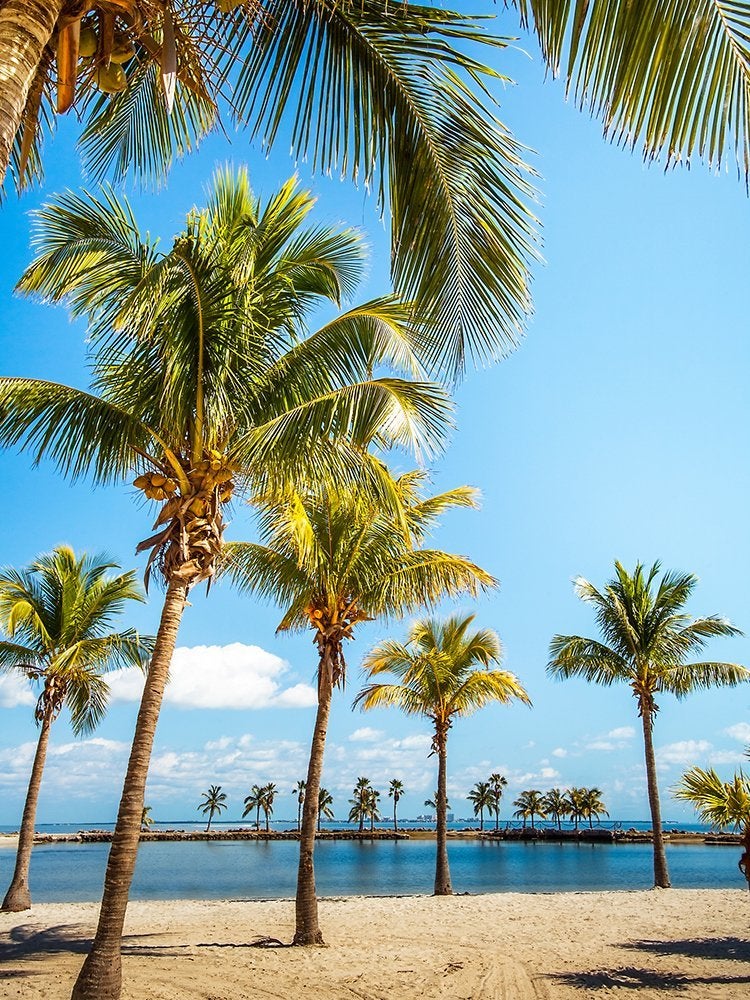
It turns out that rising tides may be to blame for Florida’s growing mosquito problems—along with hot weather and suffocating humidity, of course. The state is also home to the black salt marsh mosquito, which breeds in saltwater and tends to have an aggressive disposition. Instead of casually snacking on whatever bodies they come across, the angry little insects are known to hunt and attack their blood-filled prey.

Everything You Need for a Lush and Healthy Lawn
Keeping your grass green and your plants thriving doesn’t just take a green thumb—it starts with the right tools and supplies.
